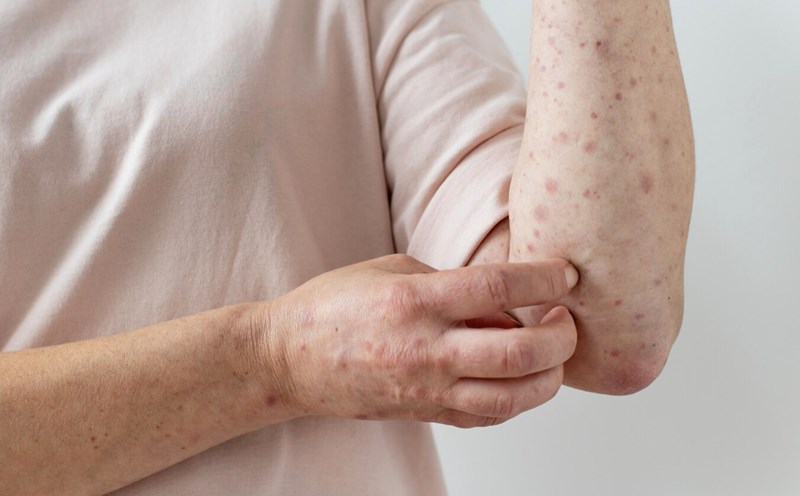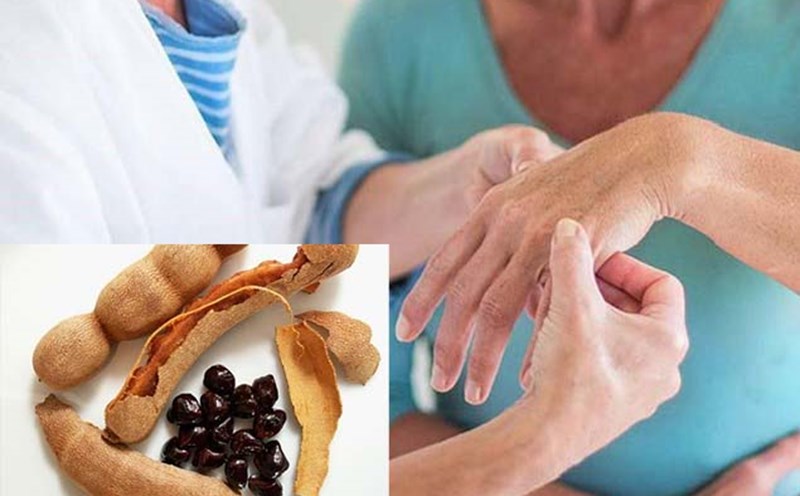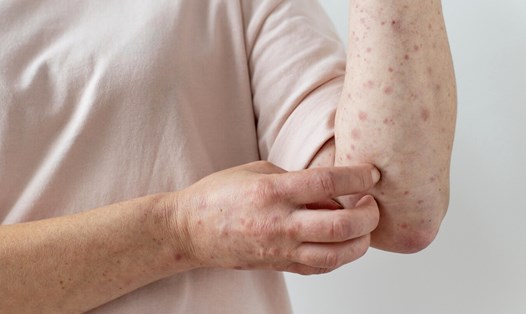In your 20s and 30s, joint pain is often considered mild. Many people think that it is just due to sitting in the wrong position, working too much effort or exercising too much. But in fact, these can be the first signs of arthritis, especially autoimmune diseases such as rheumatoid arthritis (RA). The worrying thing is that more and more young people are being diagnosed with arthritis at an early stage, when silent joint damage occurs but can still be controlled if detected promptly.
Initial signs are easily overlooked
According to Dr. Aruna S. Malipeddi, a diseases expert at Arete Hospital (India), the following early symptoms are easily confused with common fatigue or muscle pain due to movement:
Morning stiffness, usually lasting more than 30 minutes
swelling, heat, mild pain in small joints such as wrists, fingers, ankles
Fatigue of unknown cause, even after resting still feel exhausted
Difficulty moving or prolonged pain, even if not moving much
In particular, when symptoms appear frequently or last for many weeks, you should not be subjective.
Causes and mechanisms of disease
Dr. Aruna S. Malipeddi says rheumatoid arthritis is an autoimmune disease that occurs when the immune system mistakenly attacks and attacks tissues in joints. This causes inflammation, pain, swelling and can temporarily destroy cartilage and bones, deforming joints. The disease often starts as a combination of genetic factors and environmental factors such as:
Prolonged stress
Infection
Smoking
Hormonal changes
Unhealthy diet and lifestyle
Why is early detection important?
Many young people, thinking that they are healthy, take painkillers, heat compresses or ignore symptoms. When I went to the doctor, my joint was seriously damaged and could not fully recover. Early detection of the disease will help:
Better Symptom Control
Slowing disease progression
Preventing joint deformities and loss of function
Improving the quality of life in the long term
Pay attention to signs to protect joint health early
Dr. Aruna S. Malipeddi shares that if you are in your 20s and 30s and feel unusually prolonged joint pain, don't ignore it. Early examination with a rheumatoid specialist and necessary tests (such as CRP, RF, anti-CCP, X-ray or MRI) can help detect the disease at a very early stage.
Arthritis is no longer a disease of the elderly. Today's small signs could be a big warning for tomorrow. Listen to your body, don't ignore any symptoms, as early detection is the most important step to protect your joints and life in the future.











